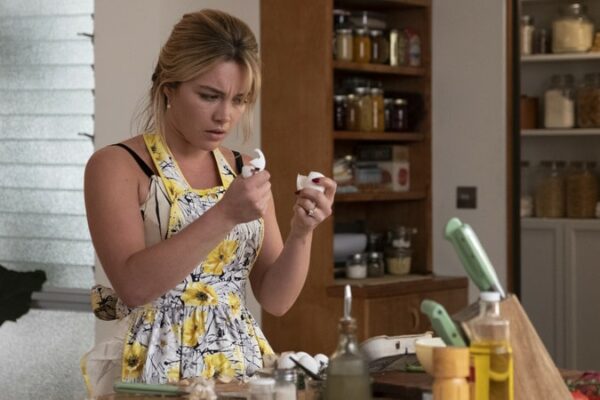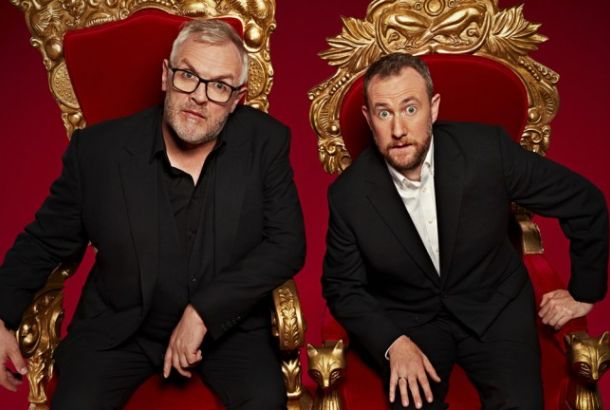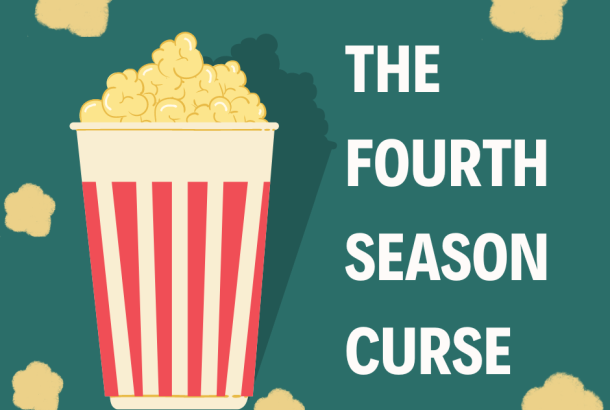Don’t Worry Darling review: Controversy clouds mediocrity of Wilde’s second feature
By pipcarew
“My favourite thing about the movie is that it feels like a movie,” said Harry Styles in an interview at the Venice Film Festival when asked about Olivia Wilde’s second film Don’t Worry Darling.
He wasn’t wrong. There’s undoubtedly scenery, characters, and an intriguing concept. Rounding off a summer of Hollywood blockbusters, Don’t Worry Darling delivers on style, dripping in glamour but lacking, much like Styles’ statement, in full formation.
Set in a fifties utopian American town named Victory, Don’t Worry Darling portrays the seemingly idyllic life of couple Alice (Florence Pugh) and Jack (Harry Styles). Victory is suburban bliss with white picket fences, cocktail parties, and lawns so manicured they would make Norman Rockwell punch the air.
But as is often the case in surface-level perfect societies: a utopia is never a utopia for ‘everyone’. All too imminently does the façade of the world begin to crack as Alice becomes suspicious of the secretive work the men carry out every day, far off in the desert where the wives are forbidden to go.
The drama surrounding the relationships between the cast and crew of this film has been widely speculated about online, distracting audiences from the film itself. In an August cover story with Variety, Wilde claimed controversial actor Shia LaBeouf (Honeyboy, Transformers) had been fired from the production, although LaBeouf disputes these claims. Regardless, LaBeouf was replaced with the more marketable Harry Styles (Dunkirk), whose limited acting credits was a risk for the studio to take.
Whether the casting choice did ultimately pay off artistically is yet to be determined, although box office sales have undoubtedly increased as a result. While Styles’ acting is nowhere near as GCSE drama as the leaked clips online led us to believe, the audience is always aware of watching ‘Harry Styles’ in a movie pretending to be someone else. This is possibly a side effect of his astronomical pop culture status; Harry Styles the brand cannot be ignored.
Pugh, on the other hand, is the driving force throughout the flabbily paced runtime. She can show a wonderful mix of vulnerability and strength encompassed simply in a quivering lip. When the couple is onscreen together, the disparate years of craft honing between them are blatantly apparent, and Styles’ presence feels largely ornamental compared with the intensity of ‘Miss Flo’s’ performance.
However, Pugh and Styles do have palpable chemistry as evidenced during one racy dinner table scene which provoked several whistles from the audience. Avoid seeing this one with your nan unless she’s a fan of ‘Watermelon Sugar’.
Chris Pine and Gemma Chan are incredibly composed yet criminally underutilized as the exemplary Victory couple, Frank and Shelley, with Pine delivering a sinisterly suave performance, adding new dimensions to the tired villain archetype.
The phenomenal production design by Katie Byron deserves a second viewing as the eye cannot possibly draw in all the details in a single shot of the immaculate vintage set. The bright colours incorporated in costumes and sets are a suitable distraction from the dark secrets of this closed community.

Photo: WarnerBros
Don’t Worry Darling is a messy collection of brilliant moments which strike like fresh ice in stagnant water. The concept and direction are bold, but Wilde’s screenplay is laden with psychological thriller clichés – the gaslighting spouse, the dissident neighbour whom no one believes, the dream sequences of drowning – they have all been done before.
When the twist arrives, it’s well earned but dampened by the further twenty minutes of action. Many threads are left loose but are not intriguing enough to tug at after the credits roll.
An aesthetically vibrant mediation on female hysteria which touches thematically on Sylvia Plath’s The Bell Jar, Wilde’s Don’t Worry Darling is almost fully formed but peddles imagery rather than ideology. While watching, you will worry, darling – briefly – but you won’t care too much either way.
2/5.
Don’t Worry Darling was released on September 23 and is in cinemas now







